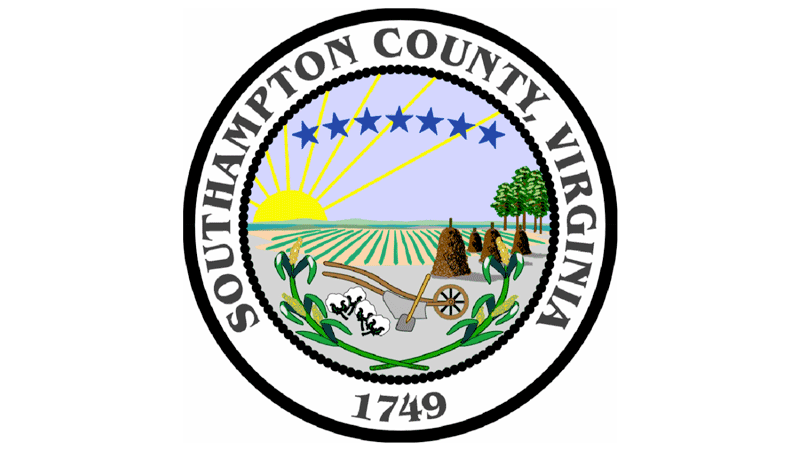Thankful for the Nightingale
Published 5:19 am Saturday, July 23, 2011
NORFOLK—Twice in three years, Henry “Mickey” Johnson nearly died.

David Banty of Capron visits with Nightigale pilot Cameron Ebel during Friday's christening of the new medical helicopter at Sentara Norfolk General Hospital in Norfolk. Twice, Bandy has been flown by medical helicopter. -- SUBMITTED | DALE GAUDING
Both times, a flight crew with the Nightingale Regional Air Ambulance medical helicopter saved the 63-year-old Franklin man’s life. During Friday’s christening for the new Nightingale helicopter, Johnson made a $1,000 donation toward its cost.
“Seconds can mean the difference between life and death,” he said after attending the ceremony at Sentara Norfolk General Hospital. “It’s not the first (I contributed money) and it won’t be the last.”
The christening marked the success of the Saving Minutes, Saving Lives fundraising campaign conducted by Sentara Health Foundation. As of Friday, $3.5 million had been raised toward the $7.2 million purchase price of the helicopter.
In 2006, at age 59, Johnson suffered a major heart attack. When he arrived at Southampton Memorial Hospital, 300 yards from his home, Johnson was “coded” dead.
“They shocked me, got me stable and Nightingale flew me to Sentara Heart Hospital in 18 minutes during morning traffic,” said the International Paper retiree, who worked for the Franklin mill for 43 years.
Then, in 2009, a pickup truck collided with Johnson’s motorcycle in Grandy, N.C., while he was returning from the Outer Banks. Again, Nightingale flew him to the trauma center at Sentara Norfolk General.
He broke five ribs, dislocated his shoulder and suffered a concussion.
Johnson commends the service, especially in an area where traffic can be heavy and there’s bridges and tunnels to contend with.
David Banty of Capron is another two-timer. The 76-year-old took his first flight on Nightingale in August 1982, just seven months after the program’s inception, when he nearly drowned on the Outer Banks. Last March, he suffered a heart attack at work in Capron and was flown by Nightingale to Sentara Heart Hospital in Norfolk.
“They say things happen in three’s,” Banty joked Friday. “I hope to God I don’t need ‘em again, but I’m sure glad they’re here.”
Sentara Healthcare has operated Nightingale for almost 30 years as part of its not-for-profit community mission. The program operates at a deficit of as much as $650,000 per year because Nightingale takes care of every patient 24 hours per day, regardless of health insurance or ability to pay.
Every year, Nightingale flies an average 700 critically ill and injured patients from accident scenes and outlying community hospitals.





